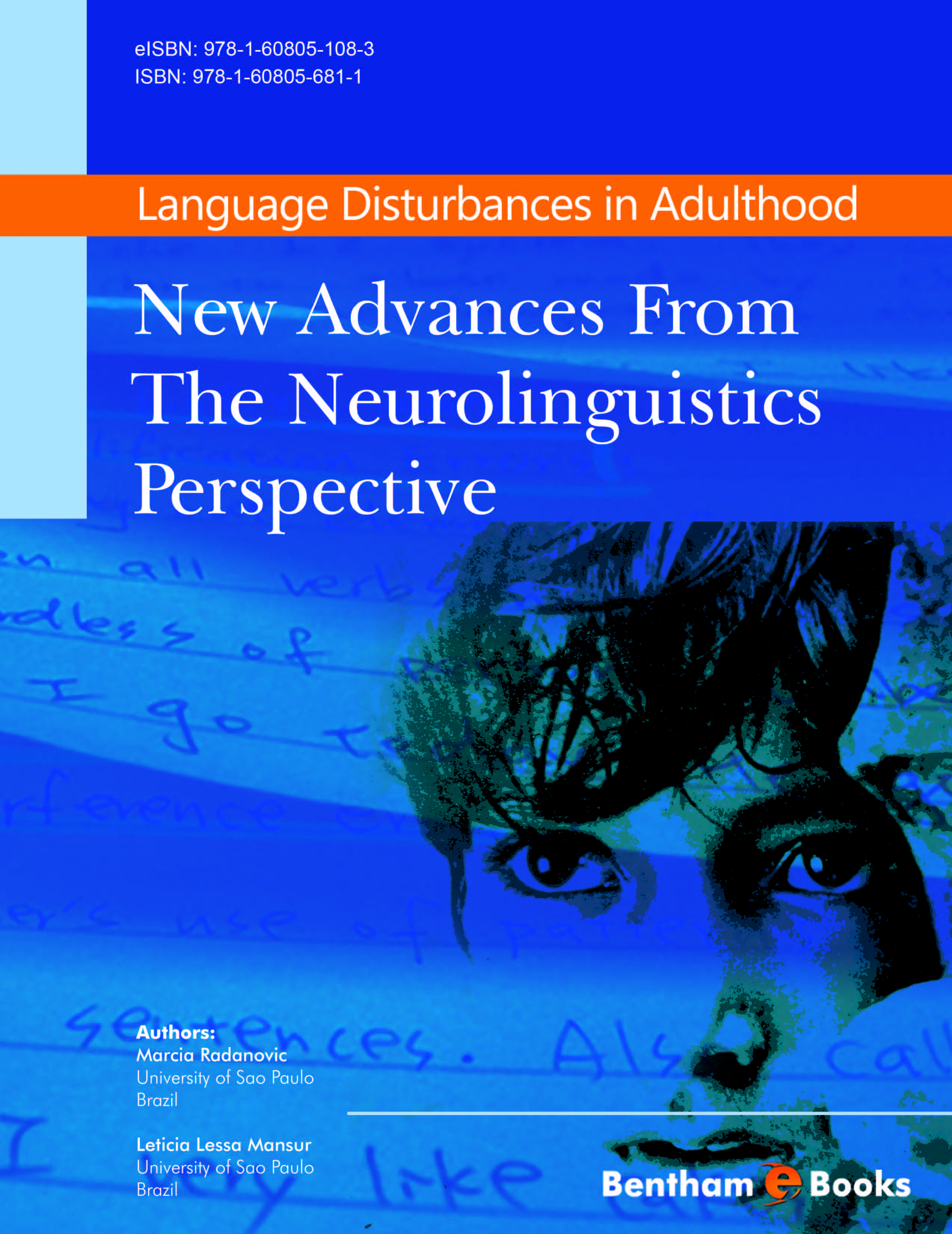Introduction
Language is the most versatile and fascinating of all human cognitive functions, constituting a field of interest in very different areas, from Linguistics to Speech Therapy, from Philosophy to Computational Sciences, including Psychology, Neurology, Biology, and Social Sciences. The scope of this E-book is to provide the reader with an update on topics relevant to neurolinguistics such as new cognitive models of comprehension and production of normal language, new perspectives on the understanding of aphasic symptoms and the interface between language and other cognitive functions – functional neuroimaging and language. This E-book will be of interest both for teachers and researchers in Neurosciences and Linguistics as well as for professionals who treat patients with disorders of language and communication, such as Neurologists, Psychiatrists, Psychologists, Neuropsychologists, Speech Therapists, and Occupational Therapists, among many others.

